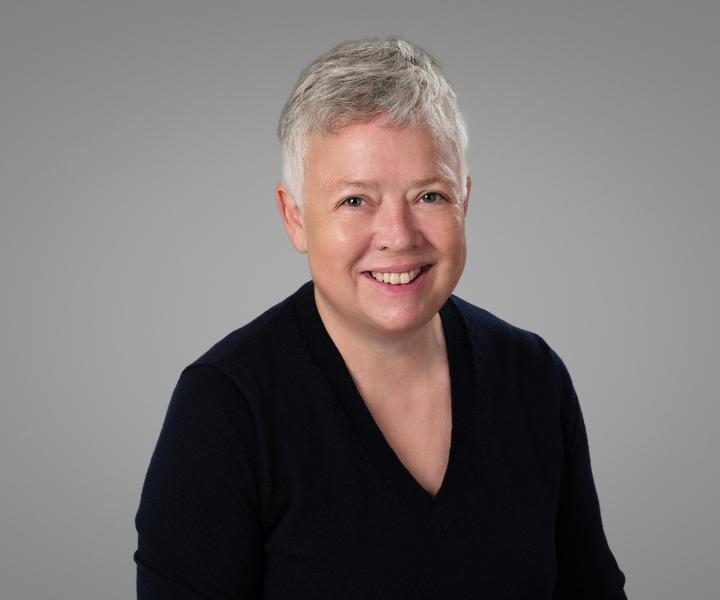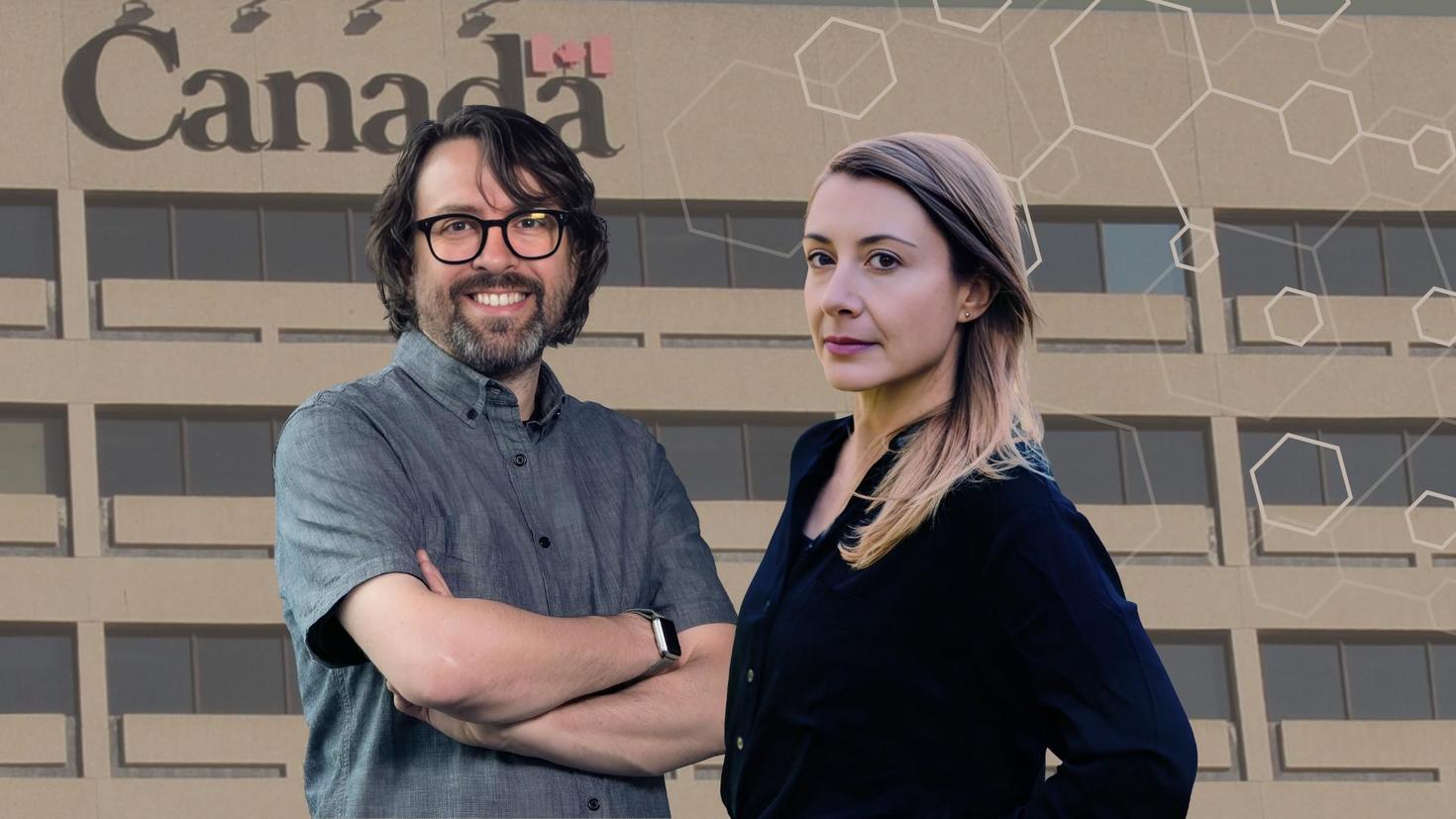Computer science is among the most popular and competitive programs at uOttawa. Every year, applications continue to rise. On the industry side, the demand for graduates who can design, build and apply technology across every sector has never been greater.
To help meet this demand, the Faculty of Engineering has expanded its undergraduate program capacity by 130 seats for fall 2025. This means more students will have access to one of the most sought-after STEM degrees, while also easing bottlenecks in high-demand courses.
This expansion creates lower student-professor class ratios and expands opportunities for hands-on projects and mentorship.
Responsible artificial intelligence leadership
The demand for qualified talent in computer science is also directly linked to the rise of AI in the workplace. “Computer science has never been more critical than it is today,” says Herna Viktor, director of the School of Electrical Engineering and Computer Science.
If computer science evolves as a field, so must the higher education programs training future workers.
New courses in artificial intelligence, data science and human-centred computing have been added to the curriculum, as the computer science program emphasizes the broader skills employers seek — system design, problem-solving and collaboration — not just coding.
“With artificial intelligence, data ethics and digital transformation reshaping every aspect of our lives, investing in this field is not just about keeping pace with technology — it’s about preparing the next generation to lead responsibly,” says Viktor.
New expert professors
The Faculty also introduces a new group of professors whose diverse expertise will enrich the classroom experience and expand research capacity. Their work connects theory to practice and will ensure students learn from those shaping the future of the field.
- Bo Sun focuses on designing algorithms with provable guarantees for online decision-making in complex systems such as electric vehicle networks, smart grids and cloud computing. He also explores learning-augmented algorithms and fairness in AI-driven systems.
Sun will strengthen the program’s foundations in data structures, algorithms and computer networks, while giving students the opportunity to engage with the latest methods for building efficient, equitable digital systems. - Colin Bellinger specializes in machine learning and intelligent systems, focusing on development of autonomous agents that can learn and adapt safely and efficiently in complex, real-world environments. His research bridges reinforcement learning, control and robotics to advance intelligent automation in areas such as industry, scientific discovery and health care.
At uOttawa, Bellinger will strengthen advanced courses in deep learning, reinforcement learning and applied computing, while creating new opportunities for students to explore how machine learning can drive safe, efficient and adaptive solutions to real-world challenges. - Kathleen Fraser brings expertise in natural language processing and in critical issues of AI equity and fairness.
By integrating questions of ethics and responsible AI into the curriculum, Fraser will help students understand not only how to design intelligent systems, but also how to assess their broader social impact. This perspective ensures graduates are prepared to innovate responsibly in an increasingly AI-driven world.
A fourth professor will join this winter, further broadening the program’s expertise in emerging areas of computer science. Together, these faculty members represent the breadth of the field: from theory to application, from research to industry impact.

“At uOttawa, we’re building a program that equips students with both the technical expertise and the ethical framework they need to innovate in ways that serve society as a whole.”
Herna Viktor
— Director, School of Electrical Engineering and Computer Science
Combining technical expertise and social responsibility
By investing in new cohorts, fresh faculty expertise and a forward-looking curriculum, the Faculty of Engineering is reaffirming its commitment to computer science as a central pillar of its academic offerings.
The computer science program offers novel research opportunities, diversified course options and a rich learning environment.
Whether students want to join our undergraduate computer science cohort or delve into graduate computer science and do research, they get to be part of a community at the forefront of AI, data ethics and digital transformation.
“At uOttawa, we’re building a program that equips students with both the technical expertise and the ethical framework they need to innovate in ways that serve society as a whole,” says Viktor.


